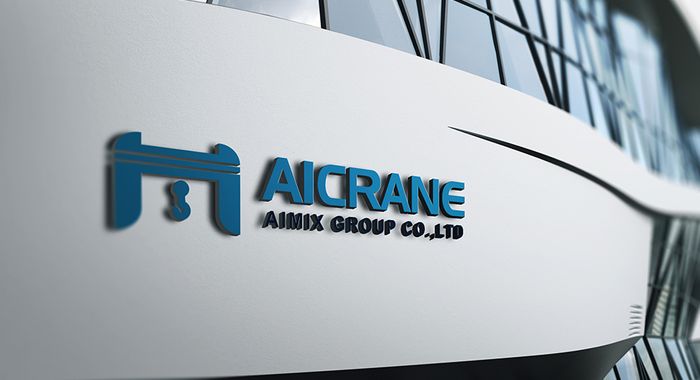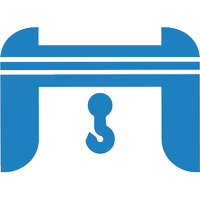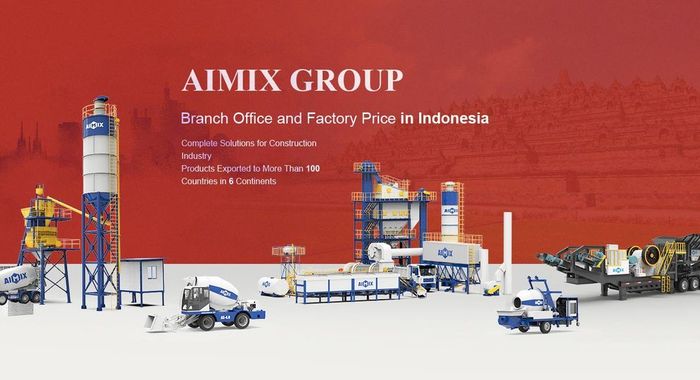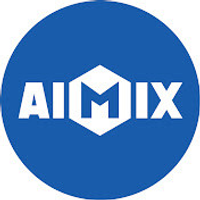Tips for Finding Good Quality Stationary Concrete Pump for Sale
A stationary concrete pump is an essential piece of equipment for many construction projects, especially when precision and high-capacity concrete delivery are required. Choosing a high-quality pump not only ensures reliable performance but also minimizes long-term costs. With many options available in the market, finding a good quality stationary concrete pump for sale can seem challenging. Here are some practical tips to guide you through the process.
A stationary concrete pump is an essential piece of equipment for many construction projects, especially when precision and high-capacity concrete delivery are required. Choosing a high-quality pump not only ensures reliable performance but also minimizes long-term costs. With many options available in the market, finding a good quality stationary concrete pump for sale can seem challenging. Here are some practical tips to guide you through the process.
Understand Your Project Requirements
Before searching for a stationary concrete pump, evaluate the specific needs of your project:
Output Capacity: Determine the volume of concrete you need to pump per hour. Small projects may require pumps with capacities of 30-50 m³/hour, while larger projects may need capacities exceeding 100 m³/hour.
Pumping Distance: Consider both the horizontal and vertical pumping distance to ensure the pump can deliver concrete to all parts of your construction site.
Concrete Type: Some pumps handle specific types of concrete better, such as those with large aggregates or high viscosity.
Power Source: Choose between electric and diesel-powered stationary pumps based on site conditions and power availability.
Matching the pump to your project’s needs ensures efficiency and cost-effectiveness.
Research Reputable Manufacturers
A reliable manufacturer is key to acquiring a high-quality pump. Look for companies with:
Proven Track Record: Established brands often provide durable and efficient machines. Check customer reviews, testimonials, and case studies to verify their reputation.
Certifications: Ensure the manufacturer adheres to industry standards such as ISO or CE certifications for quality assurance.
After-Sales Support: Choose a manufacturer that offers robust customer support, including spare parts availability, training, and maintenance services.
Compare Features of Different Models
While browsing stationary concrete pumps for sale (https://aimixgroup.com/concrete-pump/), pay attention to the following features:
Pump Pressure: Higher pressure models can deliver concrete over longer distances or to greater heights, which is essential for high-rise or large-scale projects.
Durability: Look for pumps made from high-quality materials such as abrasion-resistant steel to ensure longevity.
Hydraulic System: An efficient hydraulic system minimizes energy consumption and ensures smooth operation.
Control System: Modern pumps often feature advanced control panels, allowing precise adjustments for better performance.
Safety Features: Ensure the pump includes safety mechanisms, such as emergency stops and anti-clogging systems, to protect workers and equipment.
Inspect the Equipment Before Purchasing
If possible, physically inspect the stationary concrete pump to ensure it meets quality standards. Check for:
Structural Integrity: Inspect the frame, pipes, and other components for signs of wear, rust, or damage.
Functionality: Test the pump to confirm it operates smoothly without leaks or abnormal noises.
Hydraulic System Performance: Verify the hydraulic system works efficiently under load conditions.
Documentation: Request maintenance records if buying a used pump to ensure it has been well-maintained.
Consider Customization Options
Some manufacturers offer customization services to adapt the pump to your specific needs:
Pipe Configuration: Tailor the pipe layout to match the unique requirements of your construction site.
Pump Capacity: Choose a pump model with adjustable output settings to handle varying project demands.
Accessories: Add optional features such as remote controls, specialized nozzles, or additional safety devices for improved functionality.
Evaluate Cost and Value
The price of a stationary concrete pump should reflect its quality, features, and after-sales services. Here’s how to evaluate costs:
Compare Quotes: Gather quotes from multiple suppliers to identify competitive pricing. Be cautious of prices that are significantly lower than the market average, as they may indicate poor quality.
Assess Long-Term Value: A slightly higher upfront cost for a durable and efficient pump can save money on repairs and replacements in the long run.
Factor in Additional Costs: Consider costs such as delivery, installation, training, and maintenance when calculating the total investment.
Look for Deals and Discounts
Take advantage of sales promotions and discounts offered by manufacturers and distributors:
Seasonal Discounts: Some sellers offer reduced prices during off-peak seasons.
Trade Shows and Expos: These events often feature exclusive deals on high-quality equipment.
Bulk Purchases: If buying multiple units, negotiate for volume discounts.
Verify Warranty and Support
A good warranty and after-sales service package are indicators of a reliable product:
Warranty Terms: Ensure the pump comes with a comprehensive warranty that covers major components such as the hydraulic system, motor, and control unit.
Technical Support: Check if the manufacturer provides 24/7 technical support for troubleshooting.
Spare Parts Availability: Confirm that spare parts are readily available and reasonably priced.
Choose Between New and Used Pumps
Deciding whether to buy a new or used stationary concrete pump depends on your budget and project needs:
New Pumps: These offer the latest features, higher efficiency, and a full warranty but come at a higher price.
Used Pumps: If buying used, ensure the pump is in good condition and has undergone thorough inspections and maintenance.
Check for Environmental Compliance
Modern construction often requires equipment to comply with environmental regulations:
Low Emissions: Diesel-powered pumps should meet emissions standards in your region.
Energy Efficiency: Electric models are typically more energy-efficient and environmentally friendly.
Finding a stationary concrete pump for sale that meets your requirements involves thorough research, careful inspection, and strategic planning. By focusing on quality, features, and long-term value, you can ensure your investment contributes to the success of your construction projects. Whether for small-scale residential work or large-scale infrastructure development, the right pump will enhance efficiency, safety, and productivity.



